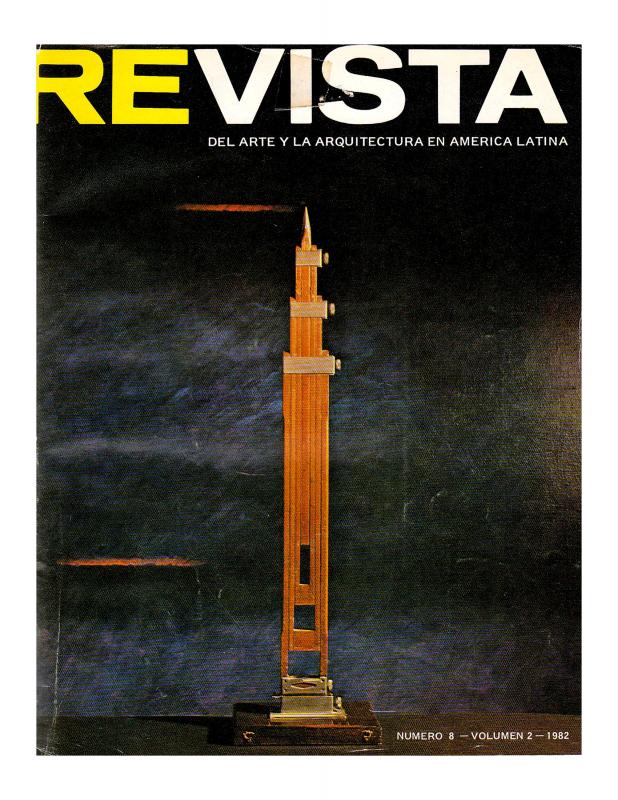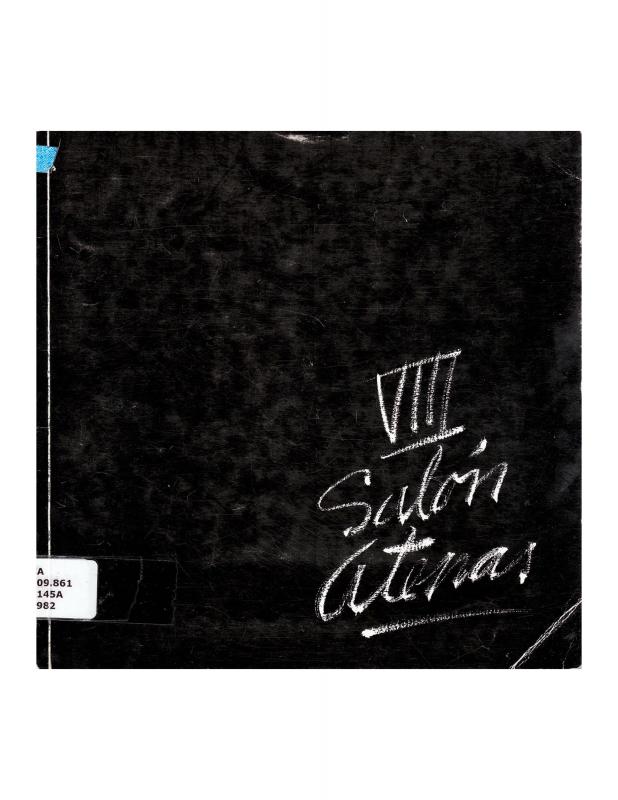“El VII Salón Atenas” is a fairly unusual text of the critical writings that Marta Traba (1930–1983) produced about Colombia during her career. It is one of the last texts she wrote about the Colombian art scene, with which she had little contact at the time since she had not been in the country since 1969.
Traba was a crucial figure in the development of modern art in Colombia. She was instrumental in the recognition received by major figures in the history of Colombian art including Alejandro Obregón, Fernando Botero, Beatriz González, Feliza Burzstyn, and Bernardo Salcedo. She was the founder and director of Revista Prisma (1957), and one of the founders of the Museo de Arte Moderno of Bogotá (created in 1963), which she went on to direct for a number of years. When she left Colombia, a group of young critics who considered themselves champions of contemporary art came to dominate the Colombian art scene. In the article “El VII Salón Atenas,” Traba contemplates the work of a handful of critics that came after her, among them Eduardo Serrano Rueda (b. 1939), Álvaro Barrios (b. 1945), Miguel González (b. 1950) and Alberto Sierra. She accuses them of supporting “what they consider avant-garde […] to the exclusion of all else and of doing so with such zeal that they end up discouraging anyone that dares to dissent.”
José Hernán Aguilar and Eduardo Serrano Rueda responded to Traba’s polemical article [for the former’s response, see “VII Salón Atenas: Problemas politicos,” doc. no. 1098946]. In the catalogue of the exhibition VIII Salón Atenas [see “VIII Salón Atenas,” doc. no. 1094348], Serrano Rueda asserts, referring to this article, “it would seem that Marta Traba came to the country to remind us that the true avant-garde has only been seen in Colombia in the sixties.”


